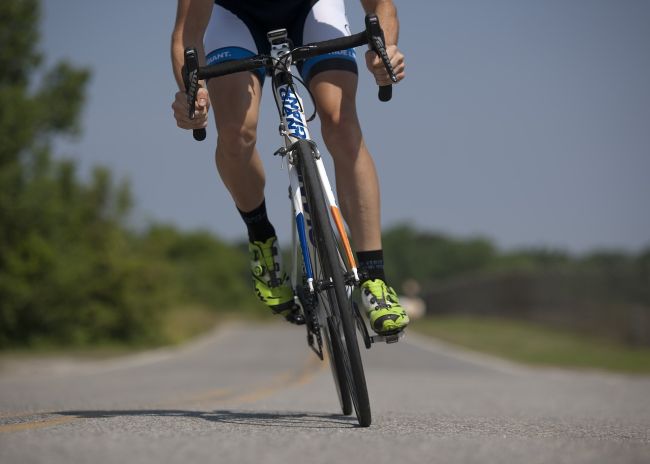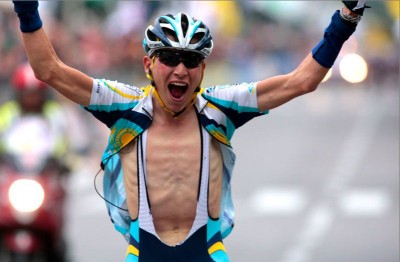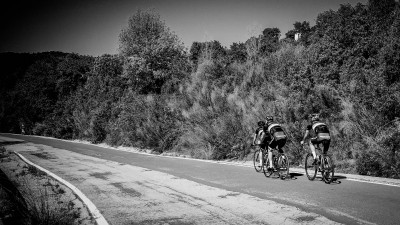
Psyche and Racing
13 September 2017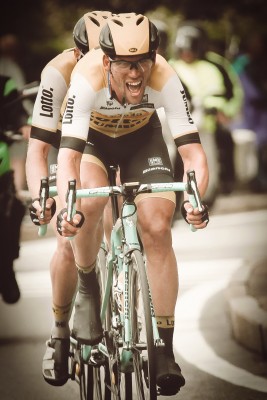
Change these 7 habits that slowly destroy your performance
13 September 2017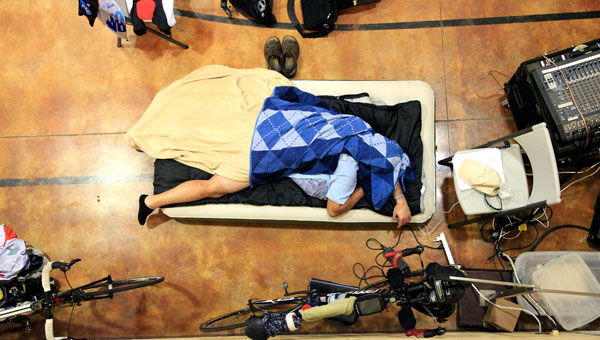
To improve one’s physical shape is not a matter of fortune-telling. It is a mix of at least four components: training, mind, diet, and recovery. Sleep is the key that connects all four. If you sleep poorly or too little, then the best workout will not help you.
We need more sleep than we would like to believe
The pace of life has increased significantly in recent decades. This fact influenced not only the increased level of stress and the attitude of many people to the misunderstood concept of “increase in productivity.” It also caused a shorter rest period, with all the consequences.

The advent of the technological era has not only implemented the need of being always up-to-date and always in communication. It also reduced the time for a break that our brain receives. Until recently, a person commuting in public transportation, waiting at a bus stop, walking on the street or playing with children, was not bombarded with dozens of reminders, unanswered calls, and news from social media.
Thanks to this, the brain had a chance to perform a reset in these short moments, which allowed for more efficient performance of daily duties and, in my opinion, a lower level of stress. Currently, after increasing the amount of incoming information and reducing off-line time, rest periods for the mind is less and less. Let’s combine it with even less sleep, and we’ll get a picture that I have in mind.
A higher amount of information processed by the brain means more time that it has to spend on their digestion. This applies to both daily life and training. Research shows that the quantity and quality of sleep affect both better effects at work and training. If, on the other hand, you sleep poorly ordefinitely too short, and at the same time you train hard, the effects of the exercises will be miserable, or you will take a step back.
Negative consequences – sleep and cycling
Poor quality or quantity of night rest significantly affects the mental recovery for the next day. Why? Because our body has priorities: it deals with the restoration of physical strength through the first part of sleep, and psychological – through the second part.
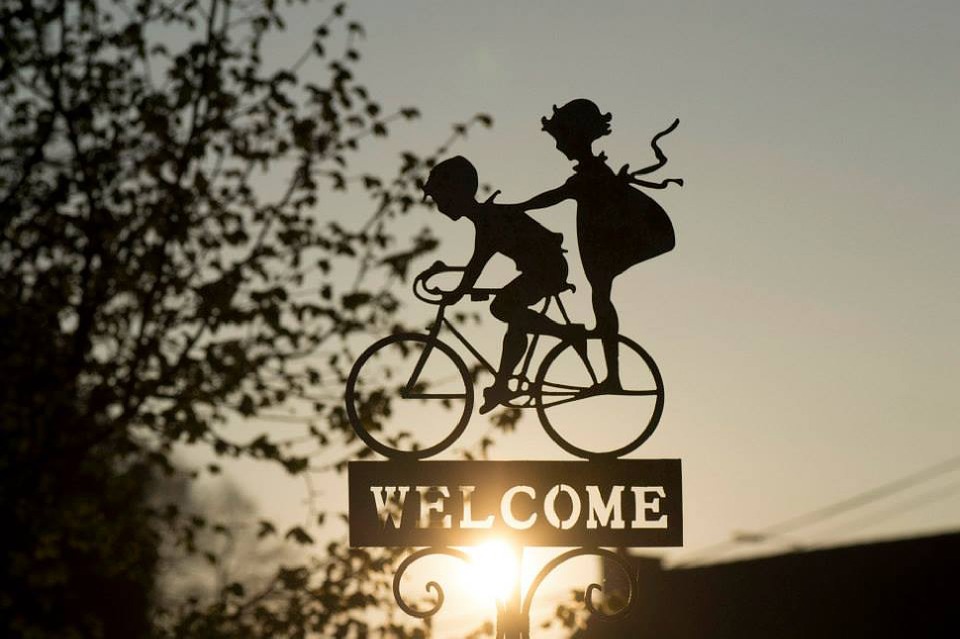
In the case of endurance sports, like cycling, the negative consequences of too short sleep seem not to be very important in this aspect – in the end, we will recover physically, and we will be able to ride the next day. In the case of a race or hard training the next day, if only the previous night were poorly slept, in most cases our efficiency will not suffer in a significant way.
It gets worse, however, if the situation repeats for 3-4 days in a row. Then our physical condition drops significantly.
Too short?
“Poor” sleep does not necessarily mean “short.” Thre isdefinitely more to it than saying: “you have to sleep 8-9h a night”. Some amateur cyclists need 8-9h, while others function at least equally well after 6-7h.
HGH influences the mentioned differences. Human growth hormone is a naturally occurring, complex protein produced by the pituitary gland and performs repair and building functions in the body. HGH is released by the brain into the bloodstream during sleep and does so in cycles. Rest and training cause the release of HGH, and lousy sleep means that there is no increase in the level of growth hormone. For some, this hormone is secreted in adequate amounts for about 6 hours, in others for longer.
You can read more about how sleep affects the release of HGH here.
I am an amateur. I have a family, work, and training to take care of. What do I do?
Although we do not have such physical loads as professionals,but in combination with our other daily duties, we can be more tired at the end of the day than after a 5-hour mountain training.
In my opinion, if we perform 2-hour training and with a 100 TSS load (Training Stress Score), then adding other duties, virtually this value for our body can amount to 200 TSS. It obviously influences the body’s load. We all have a tendency to overload ourselves – many of us think, based on myown observations of cyclists, that adding 15 hours of workouts a week to 40-50 hours of work and the rest to home and family will not negatively affect any of these aspects. The reality may result more painful, and that’s where the help of a professional coach can be be neficial. He will notice these trends and help choose the right goals and derive satisfaction from practicing sports.
In the case of sleep, the most important thing is to build your nightly rest routine. First of all, it is about setting similar times to go to sleep and get up in the morning – this is the most important aspect of night recovery.
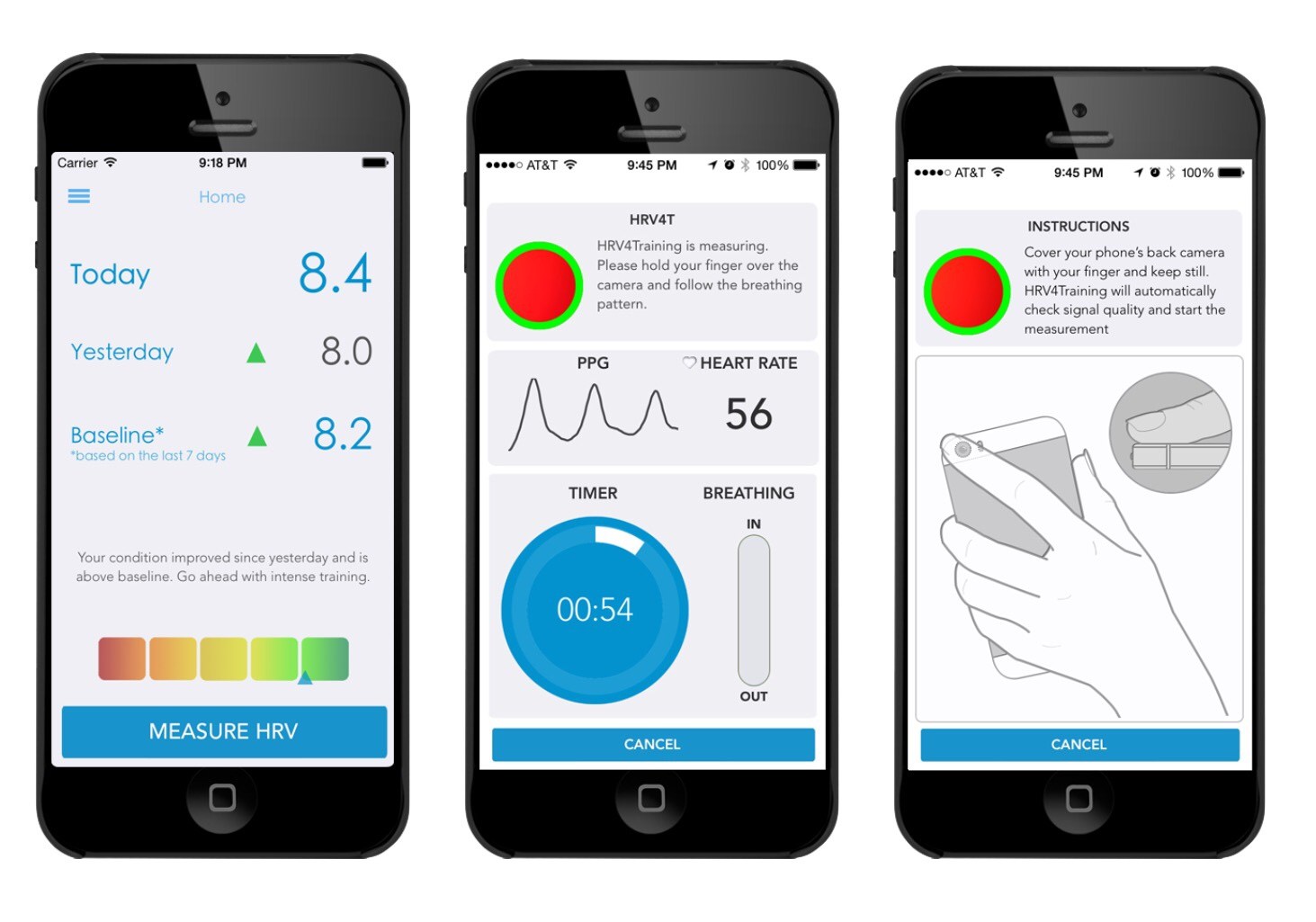
Avoid electronics – the light emitted by telephones, tablets, and computers disturbs the secretion of melatonin, necessary for the proper course of sleep.
If you train in the evenings, ensure a min. 1.5 hours of rest after a workout before going to sleep. Adrenaline circulating in the blood also does not allow for adequate sleep immediately after working out. Avoid sleeping pills at all cost – they are easily addictive. Instead, try green tea, relaxing music, massage or a good book.
What about eating before going to bed? Research shows that both excess and shortage of food before night rest affect it negatively. A remedy can be a light meal, made up of easily digestible protein, vegetables and a small amount of unprocessed carbohydrates.
In Way2Champ, we cooperate with some athletes using the HRV morning app (Heart Rate Variability). The measurement consists of placing a finger to the webcam of your phone for 1-2 minutes. The differentiation of the heart rate after a night’s rest is crucial to assess the degree of recovery after training. If the parameters are lower than the previously set standard for 2-3 days in a row, then it is worth going to the rest cycle, even if the other parameters (e.g., TSB) say otherwise. The key is daily testing of this parameter.
Nap as a cure?
At this point, we can nod and say: “oh well, everything sounds great, but with my lifestyle, I cannot sleep longer than 5-6h a night and I do not feel rested and fresh”.
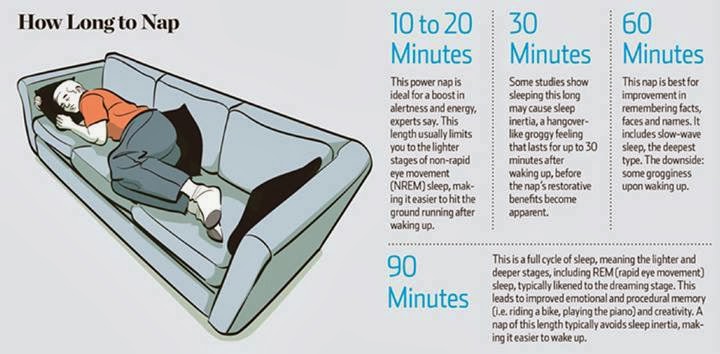
In such cases, a nap in the middle of the day can be a good solution. Not only does it raise the efficiency of the brain after it’s completion, but also reduces the necessary rest time at night. To make it effective, it’s worth applying a few rules:
– duration: 20-40min
– preferably in a lying or semi-recumbent position
– if you can not fall asleep, you can just relax and read a book or listen to music
– turn off the phone for rest periods
– take a nap no earlier than 6 hours after getting up
– end your sleep no later than 16 pm, as it may disturb your night’s sleep
Research shows that even a 20-minute nap reducesreducing fatigue, sleepiness, increasing concentration and willingness to act.
BIBLIOGRAPHY:
1. Effects of Sleep Deprivation on Performance: A Meta-Analysis, June J. Pilcher & Allen I. Huffcutt
Sleep (1996), 19 (4): 318-326.
2. Exercise effects on sleep physiology, Sunao Uchida, Waseda University, Tokorozawa, Japan, 2012
3. Sleep to Win! Secrets to Unlocking Your Athletic Excellence in Every Sport Hardcover – Haley A. Davis, James B. Maas, 2013
